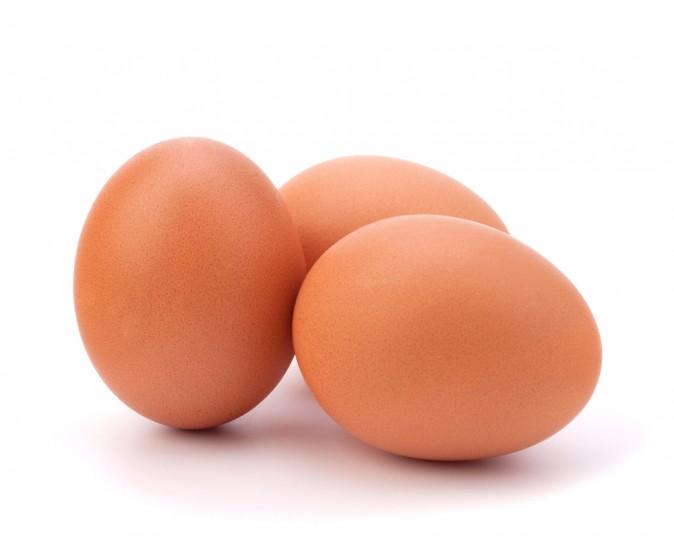Let’s get brainy! I thrive with a highly active brain (and I bet you might, too) but it can be exhausting as well. That’s why I’ve been turning my focus to nourishing my brain.
I want to invite you to nourish your noggin too.
Part of my brain nurturing includes dialing it back a bit—checking in with my stress levels, sleep patterns, and especially my blood sugar balance.
When we talk brain health, we need to talk neurotransmitters (those are chemicals in your brain). We have three key neurotransmitters that produce happy feelings, foster relaxation, and increase our resilience to stress.
These brilliant brain chemicals are serotonin, beta-endorphins and dopamine.
Serotonin is an inhibitory neurotransmitter and it’s your “feel good” chemical. It helps quiet your brain and creates a peaceful, relaxed feeling.
Beta-endorphins are known as the brain’s painkiller. Increased levels of beta-endorphins are associated with higher self-esteem and improved ability to cope with stress. Lower levels lead to feeling inadequate or stuck.
Dopamine is an excitatory neurotransmitter that produces feelings of pleasure, alertness, concentration, euphoria, and motivation. It’s synthesized in the brain from the amino acid tyrosine.
Here’s the Catch






